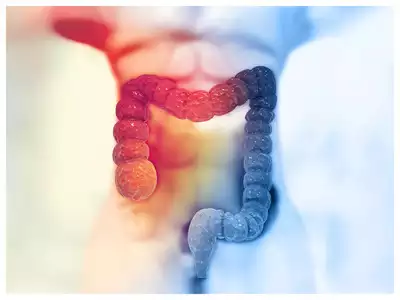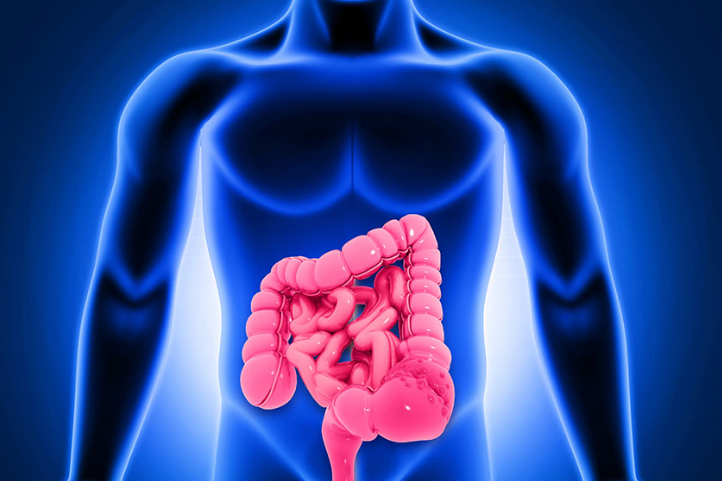According to a study by the German Cancer Research Centre, obesity can increase the risk of colorectal cancer. Such studies were underestimated earlier, and scientists say; this is due to accidental weight loss before colon cancer diagnosis. Also, inadvertent weight loss may serve as a precursor to colorectal cancer.
Obesity induces the risk associated with a wide variety of malignancies such as; endometrial, colorectal, and kidney cancer. Previous studies indicate that obese people are at higher risk than normal-weight people. However, these studies so far haven’t been taken into account because many diagnosed people lose weight years before their diagnosis.
To further study the conclusions, the scientists analyzed the data of 12,000 participants. The evaluation included their body weight at the time of diagnosis and years preceding diagnosis. There wasn’t any indication of the relationship between body weight and colorectal cancer at the time of diagnosis. However, when scientists evaluated the participant’s previous body weights (8-10 years before diagnosis); a strong correlation between obesity and colorectal cancer was observed.

What is colorectal cancer?
It is the development of cancer in the colon or rectum part of the large intestine. This condition typically starts as a benign tumor and over time it becomes cancerous. The symptoms include a change in bowel movements, blood in the stool, fatigue, and weight loss. Most of such cases are the result of age and lifestyle factors and only a few represent genetic factors.
The lifestyle factors include lack of exercise, alcohol consumption, cigarette smoking, obesity, etc. Maintaining a healthy lifestyle may lower the risk of colorectal cancer. Few studies indicated that eating more red meat and processed meat increase the risk of the disease. But, due to the multiple causes of cancer, scientists are unable to find any correlation between health and diet.
People over the age of 50 often show high-risk symptoms such as rectal bleeding or anemia. Other symptoms may include weight loss, constipation, blood in stool, loss of appetite, nausea, or vomiting. The difficult part is, around 50% of individuals do not report any symptoms. Almost 75-95% of colorectal cases occur with no genetic risk. 10% of the cases are linked to insufficient activity.
In 2014, the World Health Organization cancer report noted that most studies have failed to prove the role of dietary fiber in preventing colorectal cancer. Thus, this remains unclear as of 2014. But several researchers have claimed that dietary fibers prevent the risk of colorectal cancer. For example, a recent study claimed that dietary fiber is inversely proportional to the risk of colorectal cancer.
At an early stage of colorectal cancer, surgery may be effective. Localized cancer is mostly treated with surgical methods. In addition to the surgery, chemotherapy may be used in certain cases. But, no chemotherapy is offered for stage I colon cancer. In stage II, chemotherapy is not offered unless risk factors such as tumor T4, inadequate lymph node sampling, and undifferentiated tumors are identified.

